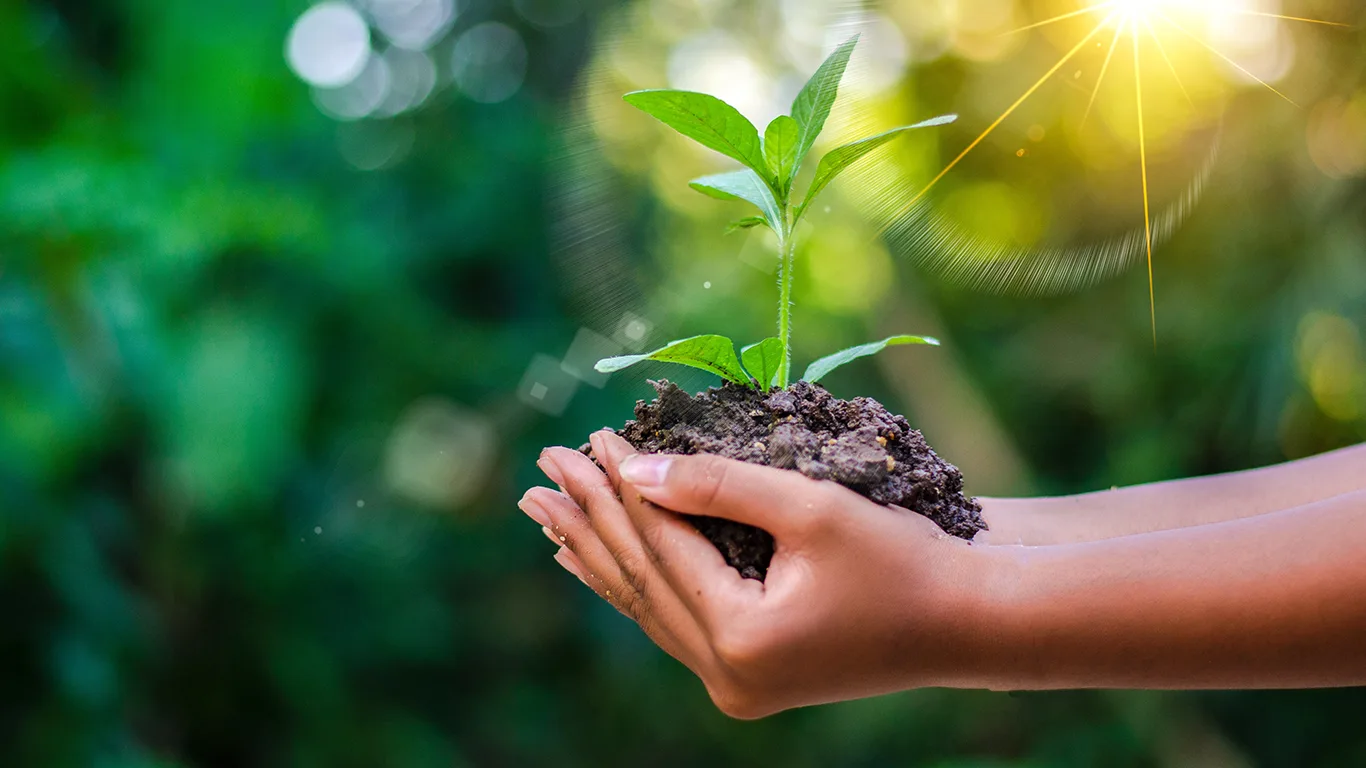By Anna Lexxy Mbucho
In a world facing pressing environmental challenges, education, and awareness creation are vital tools for fostering sustainable living. The significance of educating individuals and communities about environmental conservation, waste reduction, and responsible resource use cannot be overstated. In this post, we will explore the transformative power of education in shaping community perspectives and behaviors. We will shed light on the impact of workshops and campaigns that empower individuals to embrace sustainable practices, ultimately contributing to a more sustainable future.
Education has always been a powerful force for change. It equips individuals with knowledge, empowers them to make informed choices, and encourages them to take action. When it comes to sustainability, education plays a pivotal role in shaping attitudes and behaviors towards the environment. One of the key areas where education can drive change is environmental conservation. Individuals who understand the value of preserving natural habitats, protecting biodiversity, and reducing their ecological footprint are more likely to engage in actions that contribute to these goals.
Waste reduction is another critical aspect of sustainable living. Educating communities about the impacts of excessive waste generation and the benefits of recycling and responsible consumption can lead to significant reductions in waste production. Responsible resource use is also a fundamental component of sustainability. Teaching individuals about efficient water and energy use, as well as sustainable agricultural and land management practices, can result in the preservation of essential resources.
The impact of workshops and campaigns
Sustainability workshops and awareness campaigns have a profound impact on community perspectives and behaviors. These initiatives are designed to inform, engage, and inspire individuals to embrace sustainable living practices.
Workshops provide a hands-on learning experience, enabling participants to see the practical benefits of sustainable practices. Whether it’s learning about rainwater harvesting, organic farming, or energy-efficient technologies, workshops equip individuals with the skills they need to make sustainable choices in their daily lives.
Awareness campaigns, on the other hand, reach a broader audience. They use various mediums, such as social media, community events, and educational materials, to disseminate information and inspire action. These campaigns raise awareness about pressing environmental issues, highlight the benefits of sustainable living, and encourage community members to take positive steps toward change.
Changing perspectives and behaviors
The impact of education and awareness creation is evident in the way it changes community perspectives and behaviors. Individuals who participate in sustainability workshops often experience a shift in their understanding of the environment and their role in it.
For example, a participant in a rainwater harvesting workshop may initially view rainwater as a wasted resource. However, through education, they come to realize the value of capturing and utilizing rainwater for various purposes, from irrigation to household use. This change in perspective can lead to the adoption of rainwater harvesting systems and a reduction in reliance on traditional water sources.
Awareness campaigns can also trigger behavior change on a larger scale. When a community becomes aware of the environmental impacts of single-use plastics, for instance, they may collectively reduce their plastic consumption, leading to a decrease in plastic waste. This behavior change contributes to a healthier environment and a reduction in plastic pollution.
Education for sustainable living is not just about imparting knowledge; it is about empowering communities to take ownership of their sustainable futures. When individuals and communities are equipped with the knowledge and skills to make sustainable choices, they become agents of change within their environments.
Empowered communities are more likely to initiate local sustainability initiatives, advocate for policy changes, and inspire others to join the cause. They take pride in their role as stewards of the environment, working collectively to protect natural resources and preserve the planet for future generations.
Education for sustainable living is a powerful force for change. It has the potential to transform perspectives and behaviors, leading to more sustainable choices in communities around the world. Through workshops and awareness campaigns, individuals become informed, engaged, and empowered to make a positive impact on the environment. As we navigate the complex challenges of a changing world, education remains a beacon of hope. It invites us to take action, to embrace sustainable living practices, and to be part of the solution. By equipping individuals and communities with the knowledge and tools they need to live sustainably, we pave the way for a brighter, more sustainable future—one where harmony with the environment is not just an aspiration but a way of life.

